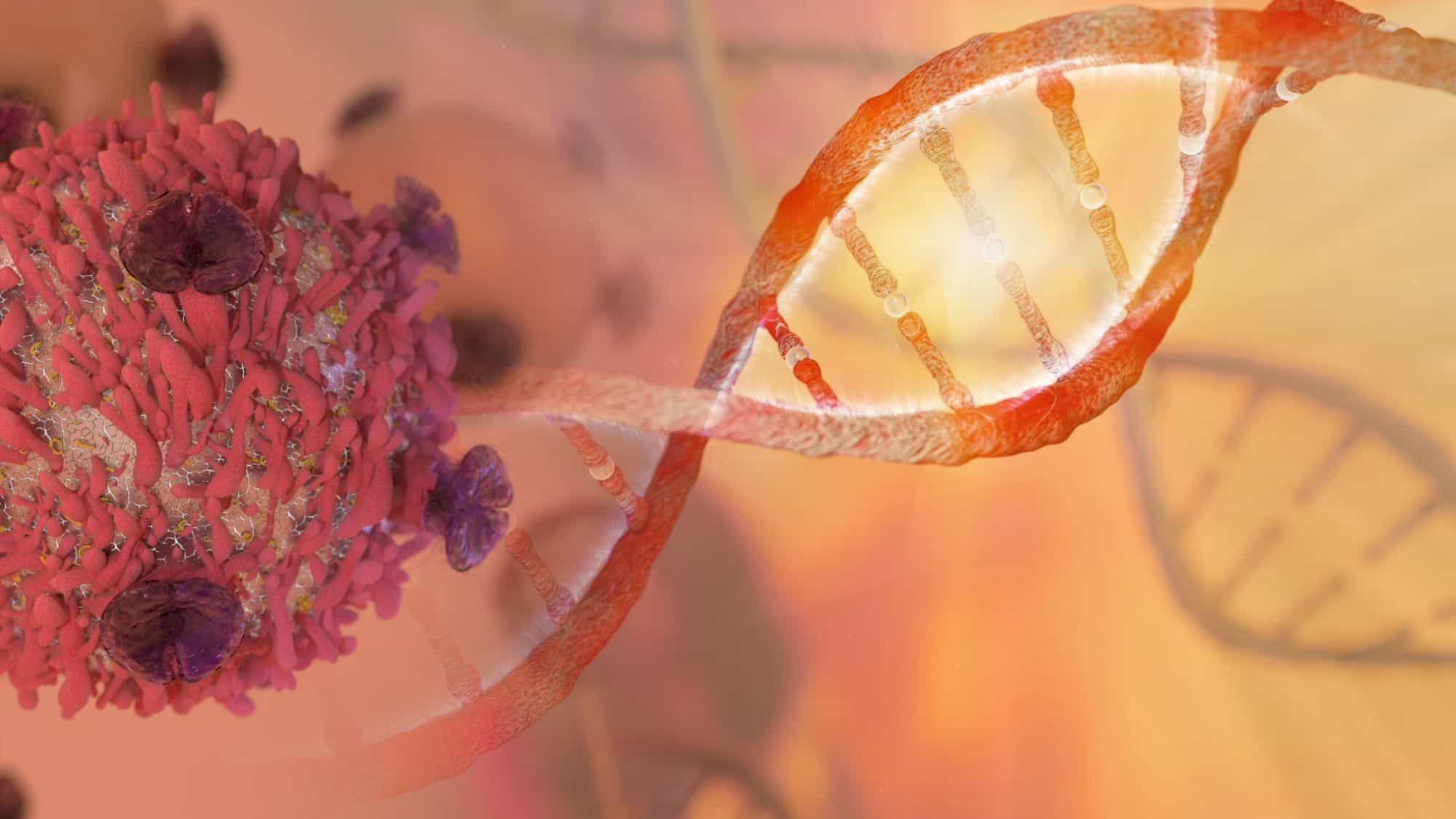Microimmunotherapy – What is it and What Can it Do?
The aim of microimmunotherapy is always to modulate the immune reaction in such a way that an appropriate reaction of the immune system to the respective disease can take place.
With the help of the smallest amounts of the body’s own cytokines and specific nucleic acids, this therapy has a stimulating, modulating or inhibiting effect on the cascade-like immune reactions and thus speaks the same language as our immune system.
Microimmunotherapy itself does not replace, block or force the immune system – it mediates in a gentle way and shows the way towards balance.
The foundation for this innovative therapy was laid in the 1960s by the Belgian physician Dr. Maurice Jenaer. But in particular the findings of
The main advantages of micro-immunotherapy are:
- therapeutic effectiveness
- low side effects
- easy to take
- no toxicity
- can be combined with other conventional therapies
Communication and thus coordination within the immune system and to the nervous and hormonal system takes place via cytokines (messenger substances). These cytokines are highly effective in tiny amounts. Microimmunotherapy works precisely with these cytokines in physiological dilutions, as we also find them in the body.
In this respect, we only intervene in the communication within the immune system and stimulate, modulate or dampen it – bringing it into balance.
Indications
The areas of application are according to the Medical Society for Microimmunotherapy:
- Viral infections and their consequences (Ebstein-Barr virus, Herpes simplex and genitalis, Cytomegalie, Hepatitis A, B , C; warts, papillomavirus, HIV)
- Autoimmune diseases (rheumatoid arthritis, multiple sclerosis, spondylarthritis, autoimmune thyroiditis, Crohn’s disease, ulcerative colitis)
- Oncological processes (cancer, leukemia, Hodgkin’s disease and Non Hodgkin lymphomas)
- Inflammatory processes
- Immunodeficiency (frequent infections, chronic fatigue)
- Allergies
- Stress-related diseases
The aim of microimmunotherapy is always to modulate the immune reaction in such a way that an appropriate reaction of the immune system to the respective disease can take place.
If you are interested in further information, you can download this information brochure as a PDF.
In order to achieve a correct alignment and thus an optimal treatment by means of microimmunotherapy, it is helpful to assess the various components of the immune system in advance and to evaluate its adaptability to potential stresses.
The Medical Society for Microimmunotherapy recommends the performance of specific analyses, especially in:
- Unusual and/or chronic fatigue
- Chronic and/or recurrent infections
- Hepatitis B, C
- Autoimmune diseases
- Recurrent pathologies
- Oncological diseases
Further information on
immune diagnostics
regarding immunotherapy can be found here.
Overall, microimmunotherapy is embedded in a comprehensive therapeutic concept. In this concept, various factors play an important role in stimulating self-healing powers and improving the quality of life.
- Nutrition and exercise
- Environmental influences and environmental pollution
- Psychological, emotional and hormonal balance
Patient information from the Medical Society for Microimmunotherapy

